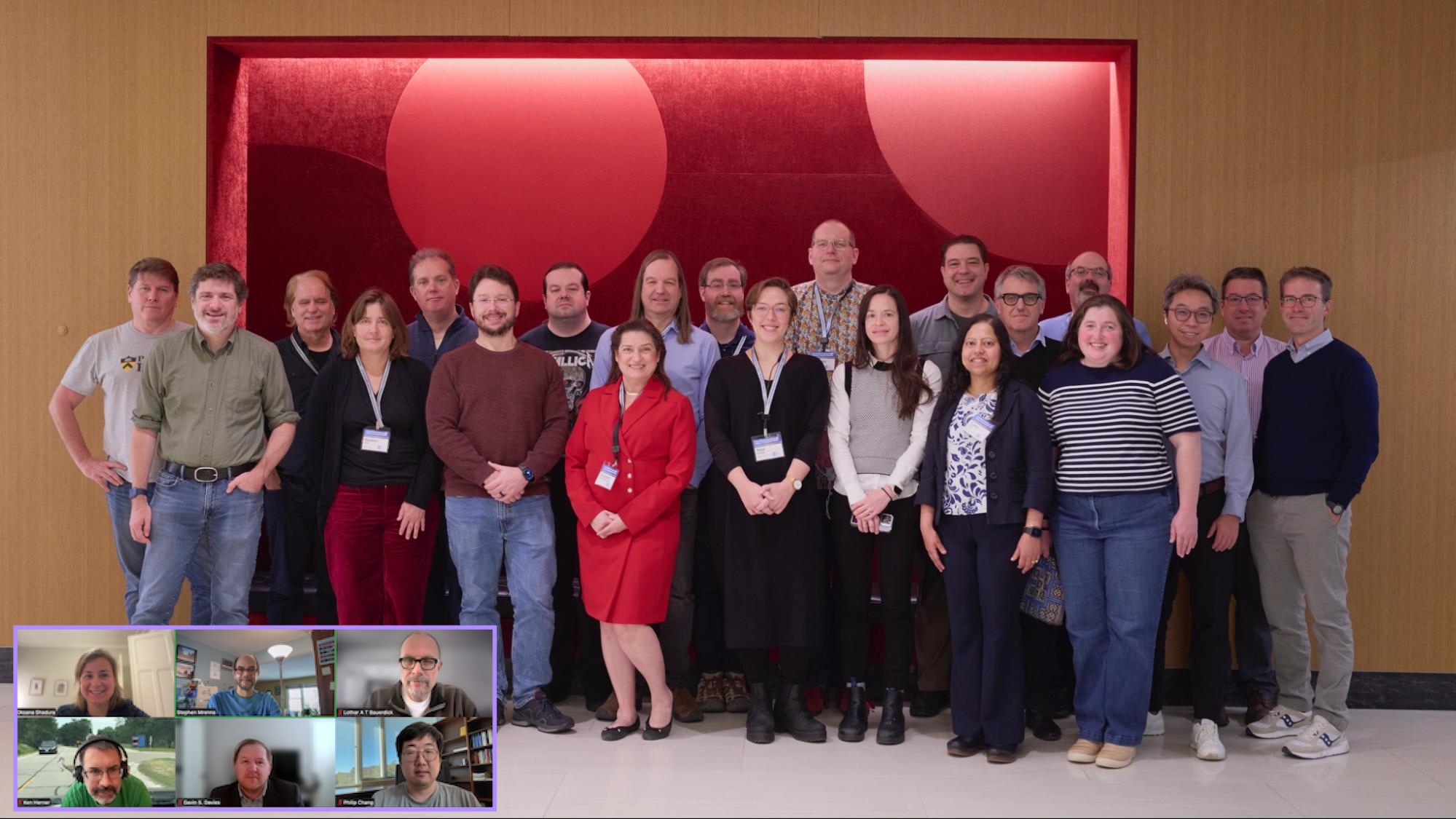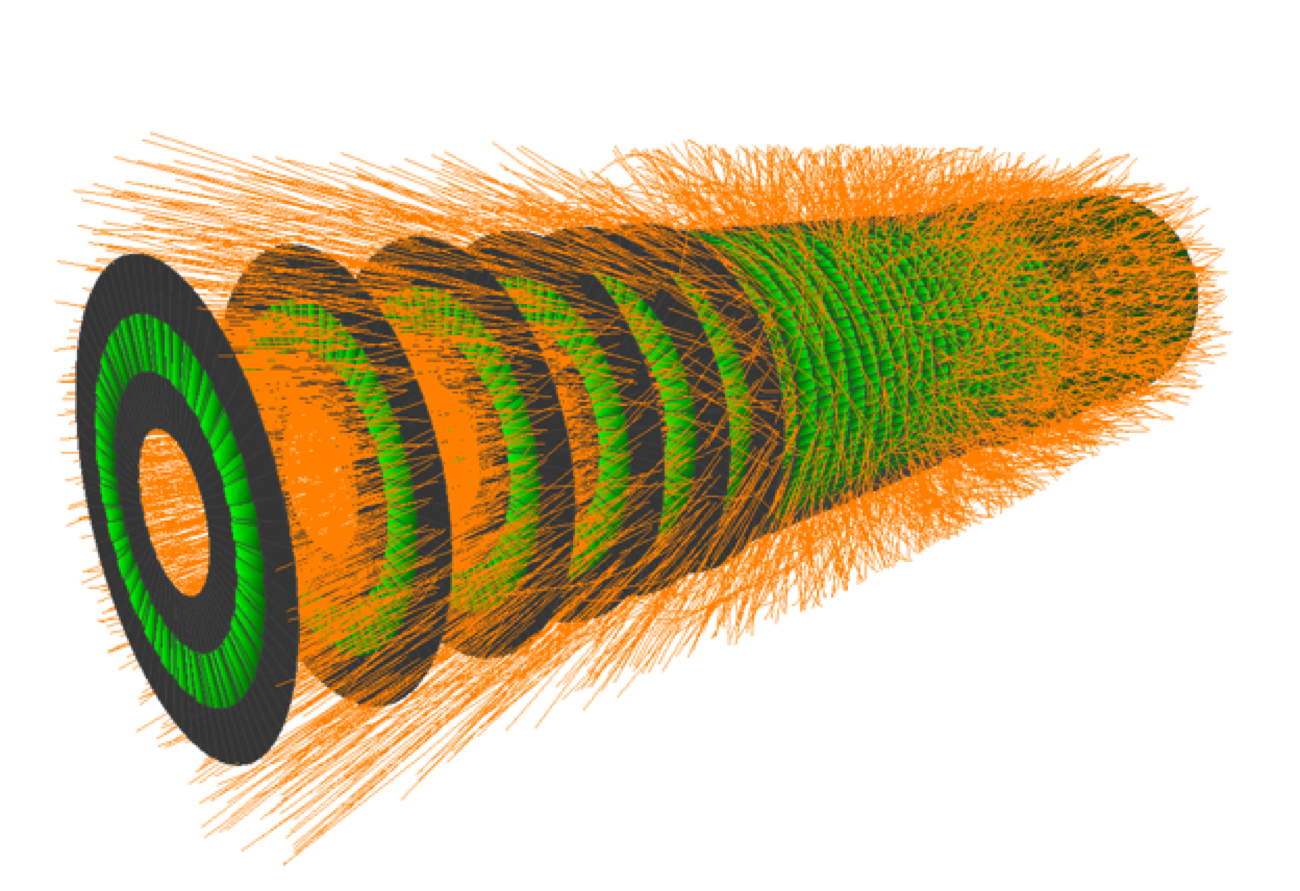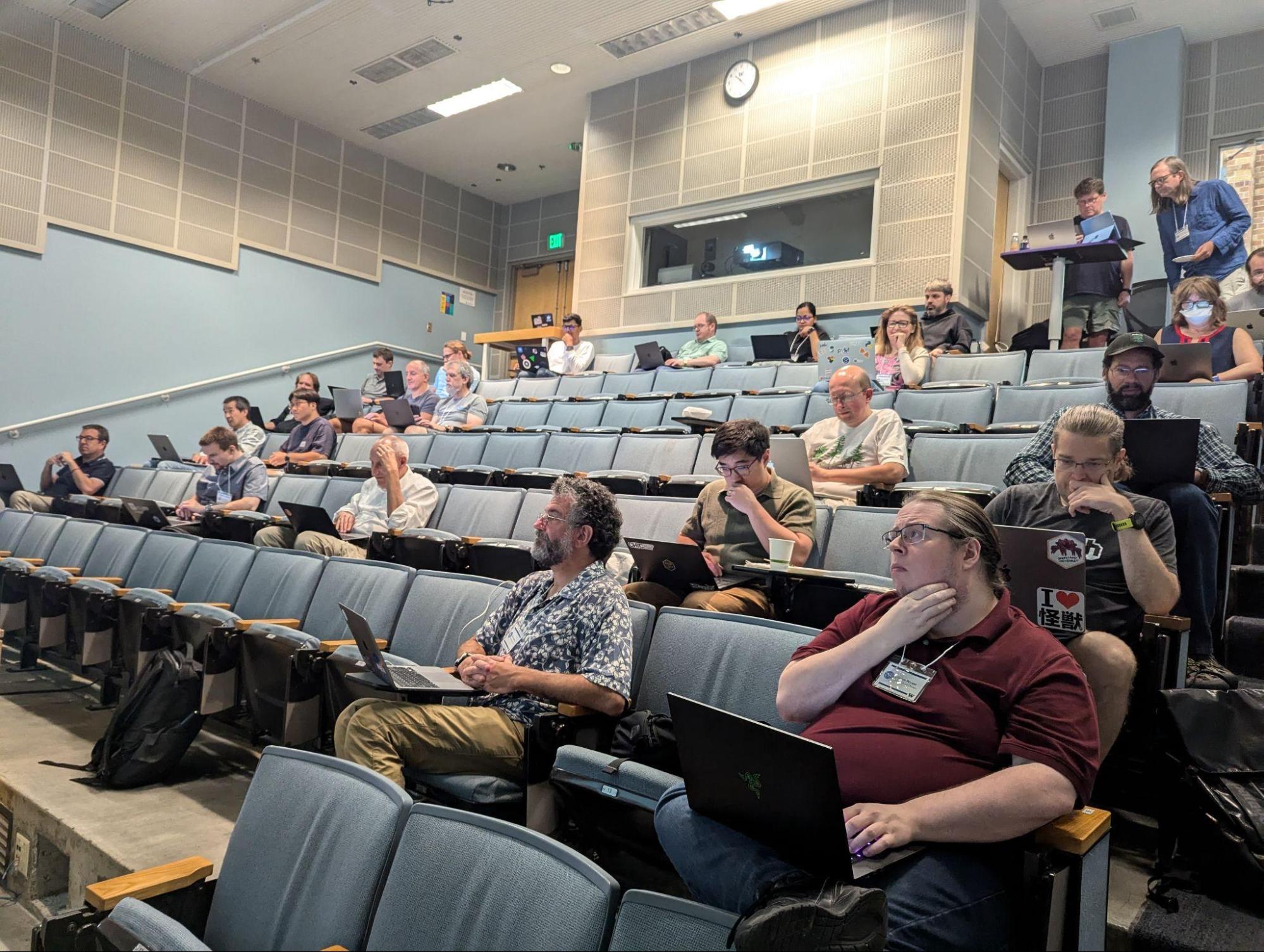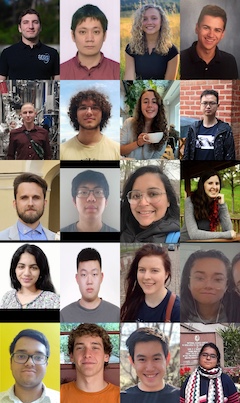Computational and data science research to enable discoveries in fundamental physics
IRIS-HEP is a software institute funded by the National Science Foundation. It is developing state-of-the-art software cyberinfrastructure required for the challenges of data intensive scientific research at the High Luminosity Large Hadron Collider (HL-LHC) at CERN, and other planned HEP experiments of the 2020’s. These facilities are discovery machines which aim to understand the fundamental building blocks of nature and their interactions. Full Overview
News and Featured Stories:

In December 2025, IRIS-HEP convened a landmark workshop in Washington, DC, bringing together the high-energy physics community to coordinate software and computing R&D efforts in preparation for the HL-LHC and future experiments, with discussions spanning AI integration, shared software ecosystems, and green computing.
Read more
The IRIS-HEP Fellows Program develops the next generation of computational physicists through mentored research projects that build advanced software for the HL-LHC, providing students with hands-on training, professional development, and entry into a global research community.
Read more
A look at the 200 Gbps data challenge conducted during the 2024 IRIS-HEP retreat, exploring advances in distributed data access and analysis for high-energy physics.
Read more
“2025 IRIS-HEP Fellows Program is open for applications”
Read more